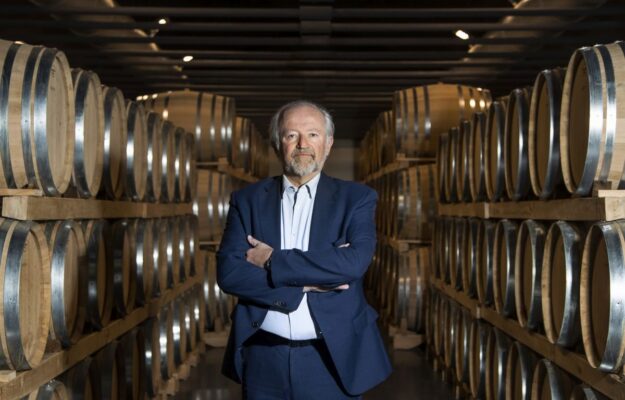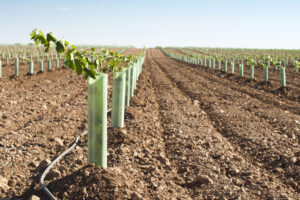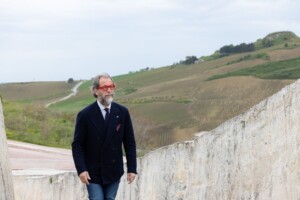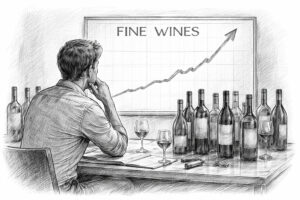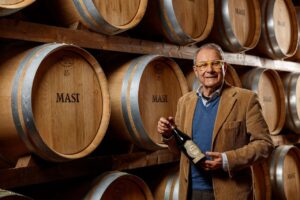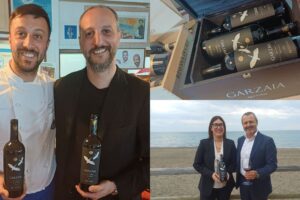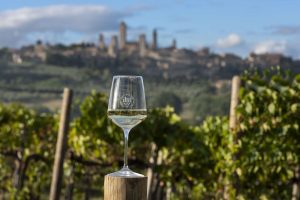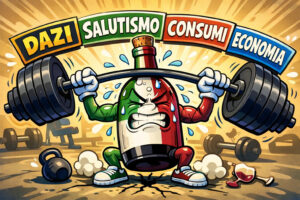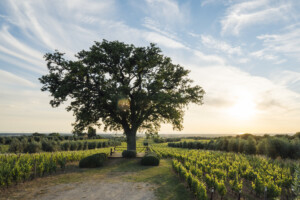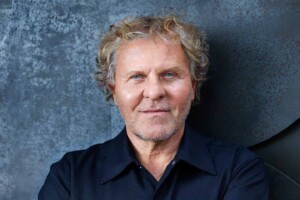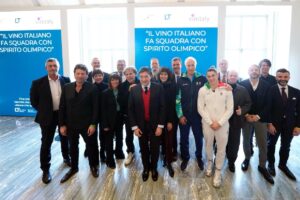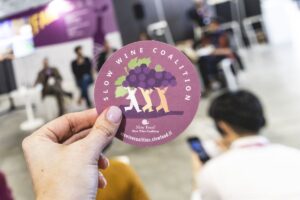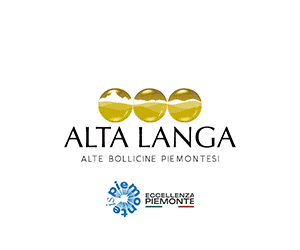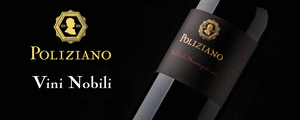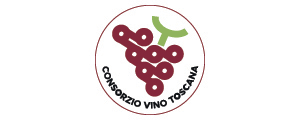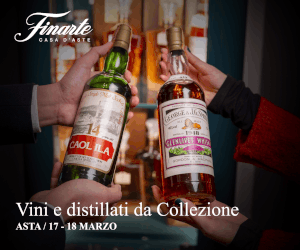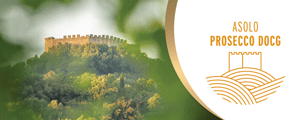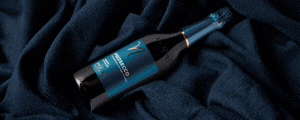For the moment, no-alcohol wines are in the glasses of few people, especially in Italy, if wine consumption overall is considered, but on the lips of many, especially in recent months. According to all studies, they seem destined to grow significantly and in a short time, in the near future. And now that they will also be able to be produced in Italy, after the decree on the subject signed at the end of 2024 by the Minister of Agriculture, Francesco Lollobrigida, in Italy there are those who are investing with conviction in the production, of this one that is still a niche, bringing production back to Italy. In order to have greater control over quality, reduce production costs that are already on average higher than a “conventional” wine (seen that dealcoholization process is added to the supply chain, ed), and not only. As Schenk Family Italia will do, an Italian branch of Schenk Family group, a reality with 140 million euros of turnover, and 60 million bottles, of which 70% are exported abroad, with the US, Germany, Eastern Europe, and Asia leading, and which, until now, has produced between 50,000 and 80,000 bottles of no-alcohol wines and beverages in Spain, 25% of which have been traded in Italy. And, which is ready to put on the plate an import investment estimated at about 2 million euros. As Daniele Simoni, Ceo Schenk Family Italia, explains to WineNews. “Up to now, as many other Italian realities, we had to produce out of the country, we did it in Spain with additional costs for the transportation of the product. With this investment, which we are defining and will be operative starting from 2026, we intend, among other things, to reduce the production cost of our no-alcohol wines by 20% more or less, which will enrich the offer of our most important brands”.
So, a decisive bet on the future of a type of products which generated controversies in Italy (so much so that the process to arrive at the decree allowing the production has been longer compared to other European competitors such as Spain, France, or Germany, for example), but, it seems to be destined to grow, mainly in a phase in which alcohol consumption is questioned in general.
“Some markets, such as those of Denmark, Belgium, Germany, France, and the Netherlands, demonstrate a growing attention towards zero alcohol, or low alcohol products with a strong interest to produce them locally in order to make them more competitive. However, for Italy, the necessity to export wine for the dehalcolizaton, and then to import it again, up to know – underlines Simoni – involved costs and difficulties which penalized the sector. Currently, the volume of no-alcohol wines represents a minimal share of wine market equal to 2-3% of the total production, excluding some brands, and, therefore, it remains a niche product. The main challenge consists of understanding if it will be possible to attract those consumers, who, despite not drinking wine habitually, maybe for social reasons, or for particular situations (for example chosen drivers or pregnant women), desire to share the experience anyway. Now, also in Italy, new interesting scenarios will open both under the profile of scale economies which will allow to invest more on the markets to make these products be known, and production flexibility, speed, and sustainability. To really make the sector really grow in Italy, it will be necessary to convince also those people who don’t drink wine traditionally tho choose a more natural alternative such as no-alcohol wine compared to more economic and less natural drinks. Even if, today, technology allows to get increasingly higher quality no-alcohol wines, the difference in taste compared to alcoholic wines remains significant”, concludes Simoni.
Copyright © 2000/2026
Contatti: info@winenews.it
Seguici anche su Twitter: @WineNewsIt
Seguici anche su Facebook: @winenewsit
Questo articolo è tratto dall'archivio di WineNews - Tutti i diritti riservati - Copyright © 2000/2026










